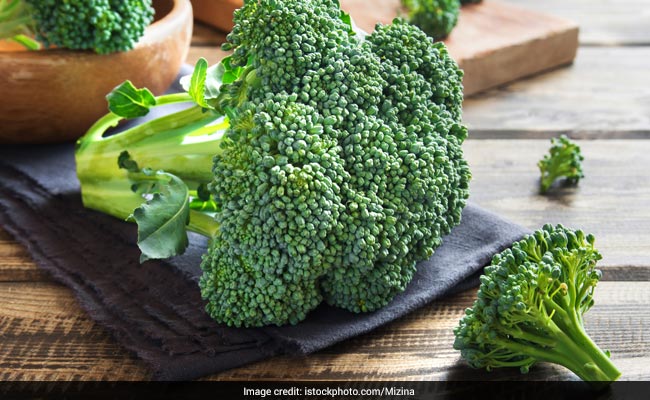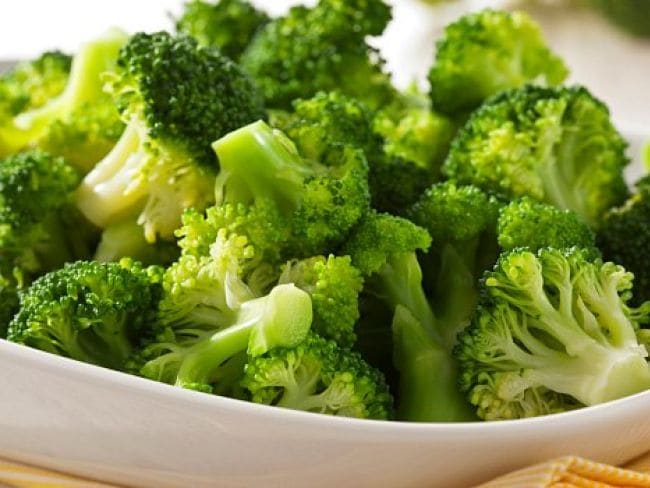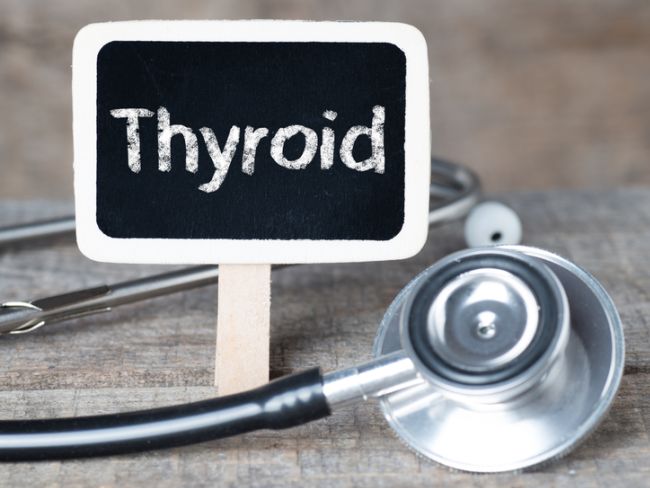Broccoli Nutrition: This Nutritional Showstopper Can Do Wonders For Your Health
Broccoli is the edible flowering head of a green plant that derived its name from the Italian plural broccolo- flowering crest of cabbage. Its history dates back to the 6th Century BC, and is the outcome of careful breeding of Brassica crops in northern Mediterranean region. A valuable food in the Roman Empire, it was taken to England in the mid-18th century and reached the USA along with the southern Italian immigrants. Broccoli belongs to the group of cruciferous vegetables, which derive their name from their four petal flowers that resemble a cross-hence crucifer.
Broccoli started off as an exotic vegetable but as its nutritional value unfolded before the world, it became a must have. Broccoli’s nutrition boasts of an amazing number of nutrients, each important for our wellbeing and health.
100 gms of raw broccoli contains
| Water | 89.30gm |
| Energy | 34Kcal |
| Fibre | 2.6gm |
| Vitamin C | 89.2mg |
| Folate | 63µg |
| Vitamin A | 623 IU |
| Vitamin K | 101.6µg |
Broccoli Nutrition: Health Benefits Of This Wonder Veggie
Weight Management: Looking at the amount of calories broccoli brings to your plate, it is a natural choice for people counting calories. The fibre lends to early satiety and it nutritional profile prevents nutrient deficiencies. In a study published in September 22 PLOS Medicine, researchers found that soybeans, cauliflower, Brussels sprouts, broccoli, and leafy greens were the wonder vegetables that assisted weight loss the best among all vegetables. This study followed 118,000 people for 24 years!
 The fibre lends to early satiety and it nutritional profile prevents nutrient deficiencies.
The fibre lends to early satiety and it nutritional profile prevents nutrient deficiencies.Anti-Cancer : Broccoli belongs to the family of cruciferous vegetables which are being studied extensively for their cancer prevention properties. Crucifers contain glucosionates -the sulphur containing compounds that give them their signature aroma and pungent taste. On cooking, chewing and during digestion these are broken down into active compounds like indoles, nitriles, thiocyanates, and isothiocyanates. Indole-3-carbinol and sulforaphane are the most researched compounds for their anti-cancer effects and the results have been positive all the time. The studies have shown a positive correlation between cancer prevention and active compounds of crucifers for many organs like prostrate, lung, colorectal and breast. Lab studies have shown that these compounds:
- Help protect cells from DNA damage.
- Help inactivate carcinogens.
- Have antiviral and antibacterial effects.
- Have anti-inflammatory effects.
- Induce cell death.
- Inhibit tumor blood vessel formation and tumor cell migration, preventing the spread of the disease.
The advice is to have one serving of broccoli at least 4-5 times a week.
 Broccoli belongs to the family of cruciferous vegetables
Broccoli belongs to the family of cruciferous vegetablesControlling Inflammation: While inflammation is a normal immune response of our body against injury, infection or any kind of stress, it is detrimental to our well-being when present for long periods of time. Chronic inflammation is a risk factor for heart diseases, cancer, and diabetes. Broccoli’s vitamins, minerals and phytonutrients together make it a potent anti-inflammatory package.
- Sulforaphane, an isothiocyanate is the primary anti-inflammatory compound present in broccoli. It is present in abundance only on the heading version of the vegetable. It works through various anti-inflammatory mechanisms in our body.
- Kaempferol and quercetin, phytonutrients present in Broccoli have well established anti-inflammatory properties. Their intake from plants have been shown to have a positive effect on prevention against heart diseases, and diabetes.
- Vitamin C is one of the most important antioxidant systems of our body and broccoli is abundantly rich in it. Studies have pointed towards the protective role of vitamin C in heart diseases and diseases with inflammatory components like gout.
- Carotenoids, lutein, zeaxanthin, and beta-carotene function as antioxidants in our body. Regular intake of broccoli helps increase their levels in our blood.
 The advice is to have one serving of broccoli at least 4-5 times a week
The advice is to have one serving of broccoli at least 4-5 times a weekDiabetes Control: Broccoli has a GI of 15, which is very low. It provides very little calories and is a source of fibre, all of which make it an excellent food for diabetics. One of the major areas of concern among diabetics is the damage caused to blood vessels. In a lab study published in the journal “Diabetes” in 2008, a team of researchers found that sulforaphanes in broccoli protect against this type of cell damage. In another lab study, researchers at the University of Gothenburg in Sweden found that sulforaphanes reduced production of glucose in liver cells. While research will continue, there is no doubt that broccoli’s nutritional value adds a lot of health to a diabetic’s daily food.
 Broccoli is an excellent food for diabetics
Broccoli is an excellent food for diabeticsThyroid Health: Broccoli, like other cruciferous vegetables, is a source of goitrogens which may disrupt the production of thyroid hormones and interfere with iodine uptake for the same. However, evidence has shown that normal intake of crucifers has no detrimental effect on the thyroid. If you do have a thyroid issue, stick to cooked broccoli and don’t eat it in the meal closest to your medication.
 Normal intake of crucifers has no detrimental effect on the thyroid
Normal intake of crucifers has no detrimental effect on the thyroidToday India is the second largest producer of broccoli in the world. Include this wonder veggie in your daily diet and reap its benefits.


Leave a Reply